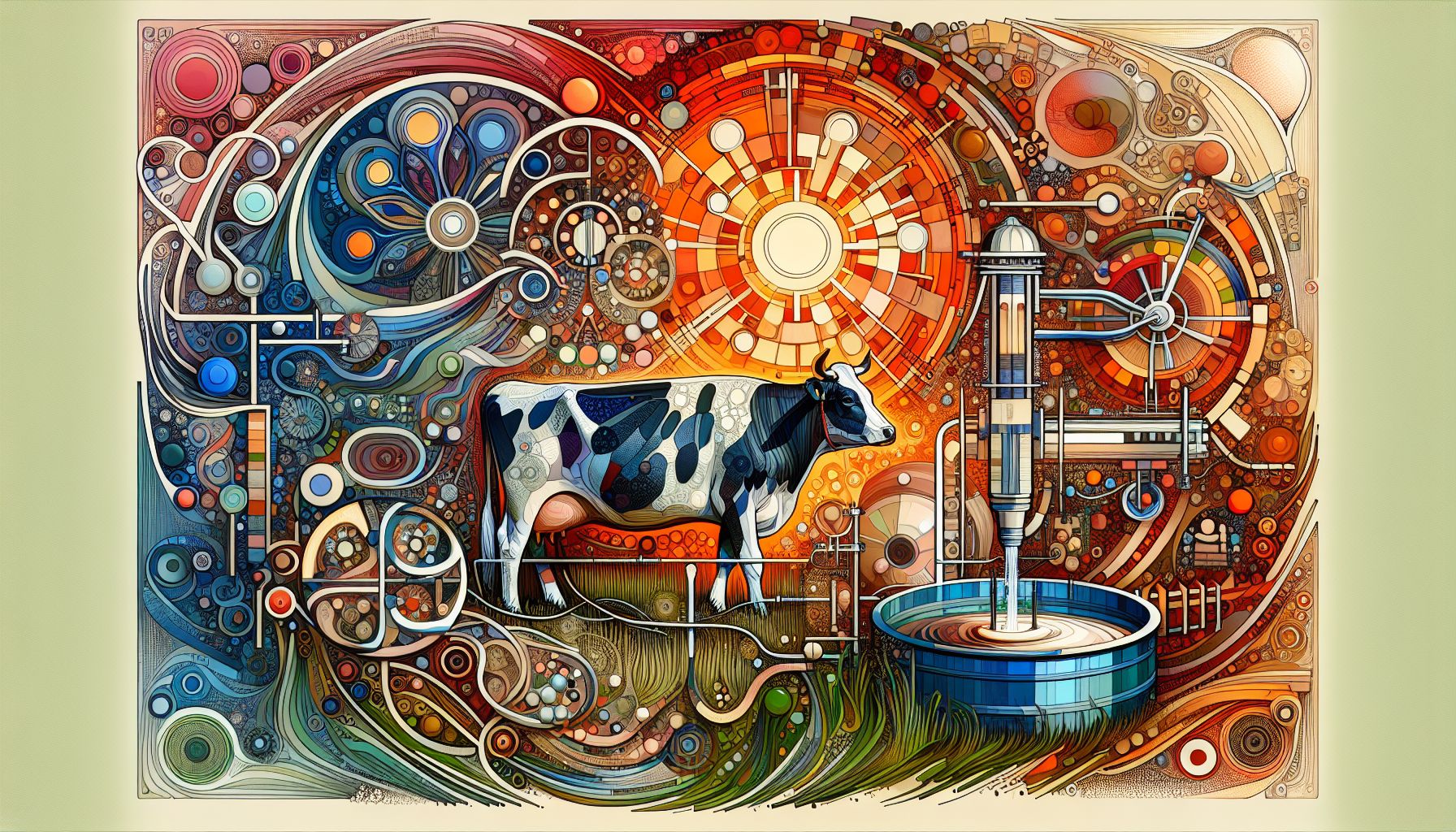Wageningen University's MRI Breakthrough Enhances Sustainable Cattle Nutrition

Dutch researchers develop an MRI toolkit that could revolutionize precision farming by optimizing cattle nutrition.
Agritech Advancement in Livestock Nutrition
The recent development by Wageningen University in the Netherlands marks a significant milestone in the fields of agritech and healthtech. The innovative MRI toolkit, designed to analyze in vivo nutrition in cattle, stands to benefit the agriculture industry by enabling precision farming techniques that can lead to enhanced livestock health and more sustainable farming practices. The toolkit’s non-invasive and quantitative approach to measuring gastric content changes offers a new window into understanding how food is digested by cattle, which is crucial for optimizing their diet and improving the overall efficiency of food production.
Understanding the MRI Toolkit
The toolkit employs advanced 1H MRI techniques, such as Magnetization Transfer (MT) and Chemical Exchange Saturation Transfer (CEST), to monitor the structural and chemical changes during the digestion process of milk proteins. Researchers at Wageningen University have meticulously developed and validated these techniques, initially using skim milk as a test product in laboratory experiments. Subsequently, the methods were applied in human trials, highlighting the potential for similar applications in livestock. This novel approach allows for a more accurate assessment of how various treatments, like heat, affect protein digestion within the gastrointestinal tract, providing a clearer understanding of animal nutrition.
The Team Behind the Innovation
The breakthrough comes from the collaborative efforts of researchers at the renowned Wageningen University, specifically within the Environmental Research and Soil Biology groups. These groups have a history of contributing to sustainable and high-quality living environments through their qualified and independent research. Wageningen University, located in the Netherlands, is known for its commitment to addressing global challenges related to the environment, agriculture, and food security. The development of the MRI toolkit is a testament to their ongoing dedication to advancing the science of sustainable farming.
Implications for the Future of Farming
The implications of this MRI toolkit are far-reaching for the agriculture industry. By providing farmers with precise data on the nutritional needs of their cattle, it enables more tailored feeding strategies that can improve animal health, boost productivity, and reduce waste. Moreover, a better understanding of in vivo digestion can help in the development of more digestible and nutritious feed, ultimately contributing to the global effort to meet the increasing demand for food in a sustainable manner. This innovation reflects an intersection of agritech and healthtech, where the welfare of livestock is closely linked to the efficiency and sustainability of food production systems.

